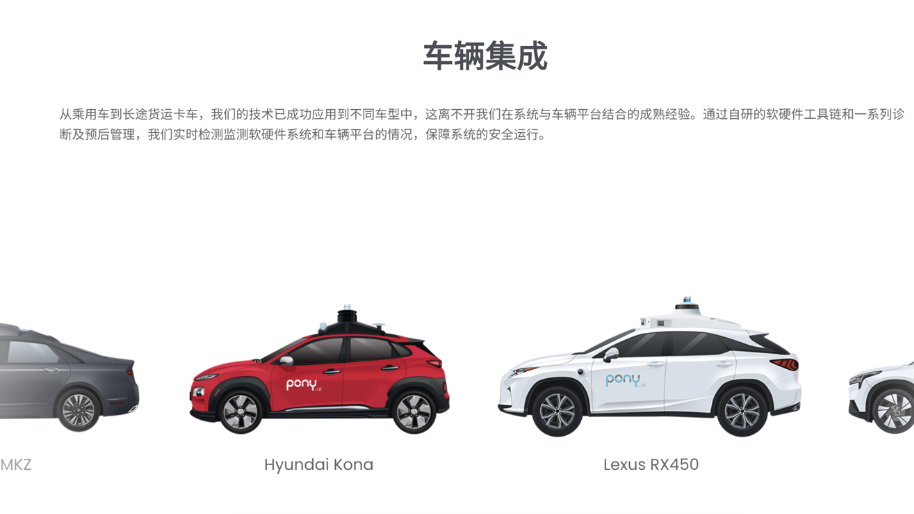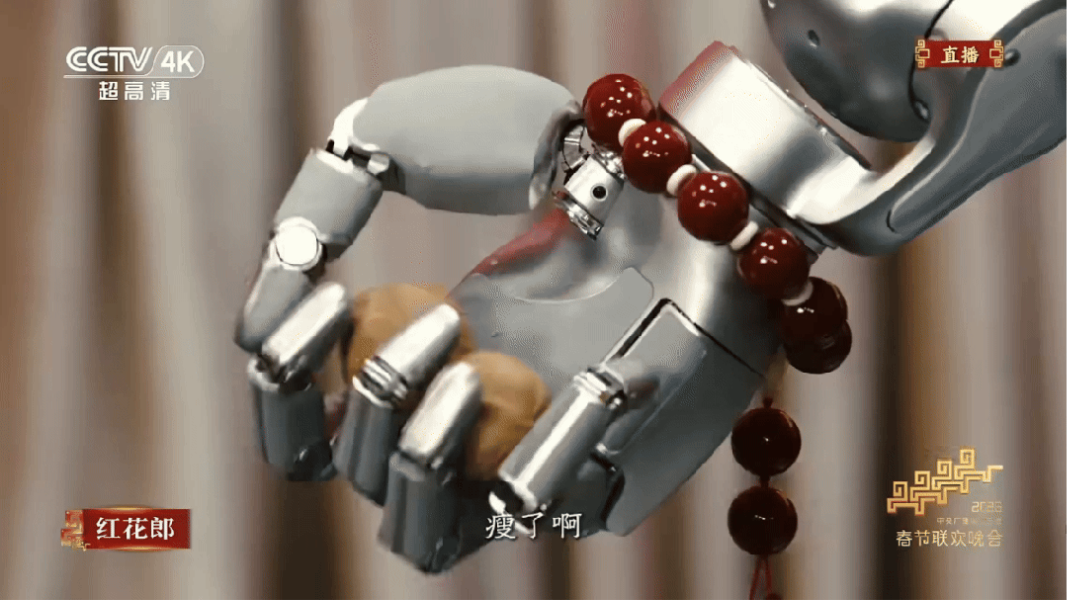"The intensity of competition in the Chinese market speaks for itself—this is not only a battleground for cost and pricing, but also a test of responsiveness and innovation efficiency," said Francisco J. Riberas (hereinafter referred to as Mr. Riberas), Executive Chairman of Gestamp, during an exclusive interview with Gasgoo at the AUTO SHANGHAI 2025.
As a global leader in the design and manufacturing of automotive metal components, the Spain-based Gestamp is leveraging its longstanding expertise in lightweighting to sharpen its competitive edge amid the ongoing transition toward electrification, intelligent mobility, and globalized competition. Its deep integration in the Chinese market has become a crucial engine for global business growth.
At the AUTO SHANGHAI 2025, Gestamp showcased several products featuring its Gigastamping technologies—such as one-piece door rings and integrated floor panels. These components significantly enhance body rigidity while reducing overall weight, underscoring Gestamp's unwavering commitment to its lightweighting strategy.
"From the very beginning, our mission has been to help automakers reduce vehicle weight and emissions through lightweight technologies. Over the years, we've built extensive know-how in this field." said Mr. Riberas.
The rise of new energy vehicles has unlocked the perfect opportunity for Gestamp to bring this expertise to the forefront.
"For electric vehicles, lightweighting is a key enabler of extended driving range—that's where our core advantage lies," Mr. Riberas explained.
This advantage is rooted in the company's comprehensive capabilities in advanced high-strength steel. By combining hot stamping with other advanced manufacturing processes, Gestamp achieves a dual breakthrough in both "thickness reduction" and "safety enhancement"—producing thinner components to meet weight-reduction goals, while still passing all major crash safety standards across global markets.
But technological depth alone is no longer sufficient—it must also align with the global shift toward carbon reduction. In response, Gestamp has built a full-spectrum decarbonization framework under its ESG strategy, one that spans from internal operations to upstream supply chain collaboration, creating a closed-loop green innovation model.
In addition to helping OEMs reduce CO₂ emissions via lightweighting, the company has also set phased carbon neutrality goals for its own operations:
● Carbon neutrality for Scope 2 emissions (indirect emissions generated from purchased energy) by 2030;
● Carbon neutrality for Scope 1 emissions (direct emissions from company-owned and controlled resources) by 2045.
As for Scope 3 emissions—the most complex, stemming from the broader value chain—Gestamp is collaborating closely with upstream steelmakers to establish a circular loop: scrap steel recovery → green steel production → component manufacturing, all designed to minimize the company's overall carbon footprint.
From enabling customer decarbonization, to transforming its own energy use, to reshaping the supply chain's sustainability, Gestamp is evolving from a "component supplier" into a "co-builder of the industrial ecosystem." This journey reflects the company's strategic shift without losing sight of its technical heritage.
At the same time, Gestamp's clarity around its business boundaries reveals the strategic restraint of a legacy supplier navigating rapid industry transformation. When asked whether the company has plans to expand into emerging sectors like flying cars or the low-altitude economy, Mr. Riberas offered a measured response:
"Business expansion should always be grounded in our core product expertise. We've spent decades specializing in metal component manufacturing, and these components may not always be suitable for flying vehicles. That said, we are working with partners in the lightweighting space to support such innovations where our technology can add value."
A strategy of "selective focus" lies at the heart of Gestamp's long-term resilience—one rooted in a clear understanding of the company's core technological DNA.
"The wave of automotive intelligence is indeed sweeping the industry," said Mr. Riberas, "However, the parts we produce are only marginally affected by these shifts. The rise of autonomous driving, sensor technologies, or intelligent connected vehicle systems hasn't significantly changed the fundamental demand for structural metal components."
While Gestamp has not aggressively pursued software or algorithm-driven ventures, Mr. Riberas emphasized that the company has nonetheless built flexibility into its product designs to accommodate the integration and evolution of intelligent systems.
In Mr. Riberas's view, while the industry transformation presents diverse opportunities, expanding too broadly can lead to strategic focus dilution.
"Our growth over the years has been powered by a deep, unwavering commitment to our core business—metal components for the automotive sector," he explained.
He also noted that: "In a highly specialized market, spreading yourself too thin means you risk mastering none. Without technical depth and barriers in your segment, you face the risk of being replaced."
For now, Gestamp remains focused on scaling its existing product lines—doubling down on lightweighting technologies, hot stamping processes, and related core capabilities—with a clear ambition: to become the global benchmark in automotive metal components.
This commitment to technical excellence and specialization has proved particularly valuable in China, one of the world's most competitive automotive markets. Since entering the country in 2007, Gestamp has established 13 plants in China. By 2024, China accounted for 14% of the company's total global business.
Still, Mr. Riberas sees considerable room to grow.
"China produces more than 30% of the world's vehicles, yet our local market share doesn't reflect that scale. Increasing our footprint in China is a strategic priority," he said.
That goal, however, is far from easy.
"China is arguably the most demanding automotive market in the world," Mr. Riberas noted. "To compete here, a company needs not only cutting-edge technologies but also exceptional speed and competitiveness."
Gestamp's solution lies in fusing its global technological expertise with localized agility.
Mr. Riberas explained: "First, our core capabilities in lightweighting and hot stamping create a strong technical moat. Second, we've built an organizational model that is locally responsive—anchored in a supply chain and R&D system tailored to Chinese market demands."
This dual advantage not only helps Gestamp solidify its position in China, but also enables it to support Chinese OEMs as they accelerate their global expansion.
When asked about Chinese automakers going global, Mr. Riberas identified a critical challenge: reconstructing the supply chain abroad.
"The logic of supplier collaboration in Europe or North America is vastly different from China's," he observed. "Carmakers need to determine which parts of the value chain they must own, what can be outsourced, whether to bring Chinese suppliers with them, build new local supply chains, or partner with global players."
In his view, each overseas market brings unique policy, cost, and ecosystem considerations. Here, Gestamp's value lies in what he calls 'cross-regional capability transfer.' With operations in 24 countries and deep familiarity with China's supply chain dynamics, the company is well-positioned to help Chinese OEMs adapt their strategies—translating lessons learned in China to local realities elsewhere.
As the automotive industry stands at a crossroads, Gestamp's journey reflects a clear principle: the future belongs to companies that can maintain depth while embracing breadth.
Rather than disrupt its legacy, Gestamp is proving that a traditional parts supplier can evolve not by abandoning its past, but by continuously reimagining its core strengths.
Mr. Riberas also spoke at length about the growth trajectory and potential of the Chinese market, Gestamp's innovation roadmap, and his aspirations for the company's China team. For more insights, please refer to the full video and interview transcript.









